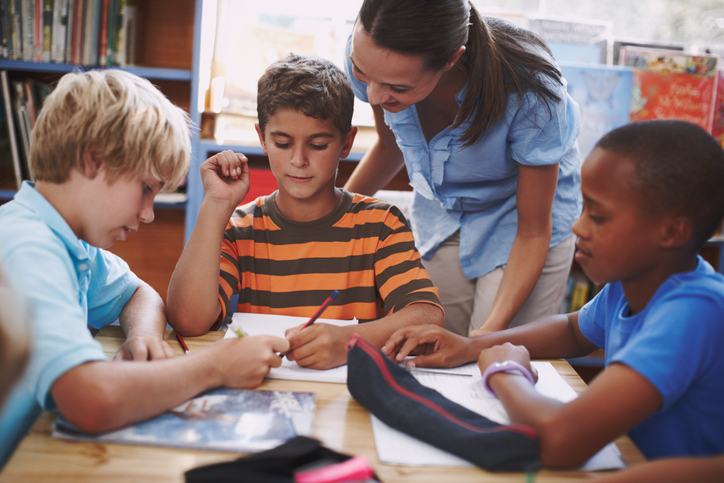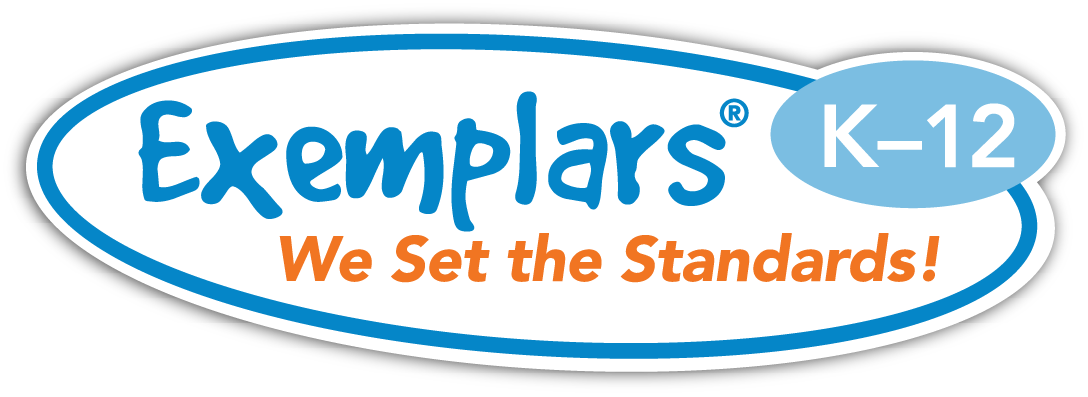Provide a Supportive Learning Environment
How Exemplars Supports Learning Recovery Approaches: Part 1

Social and emotional skills are identified as a high-priority need by parents and teachers for students following the disruption caused by COVID-19. These skills include self-awareness, self-management, social awareness, relationship skills, and responsible decision-making.
In addition to supporting math proficiency, Exemplars problem-solving tasks are intentionally designed to encourage collaborative student work and rich discussions, providing a foundation for students to develop and practice their relationship skills and social awareness. Self-awareness and decision-making is practiced as students utilize their existing prior knowledge to construct possible strategies for solving rich problem-solving tasks while also developing new math skills. The open-ended nature of Exemplars tasks appropriately challenge students, thereby creating an environment for students to practice self-management and self-regulation skills. Exemplars Problem-Solving Process creates the perfect setting for SEL growth and development.
The playful context of our rich tasks also provides teachers and students with interesting opportunities to see how mathematics can be applied to authentic situations. Classroom discussions are a vital element of engaging students in mathematics, and this happens naturally with Exemplars tasks, as students can solve the problems using a variety of strategies. The opportunity for multiple solutions provides the perfect opportunity for students to communicate their thinking and to learn to listen to others with whom they may disagree. Exemplars tasks are also differentiated at 3 entry points, allowing teachers to easily place each student within their individual zone of proximal development.
As one Ohio teacher states,
We have a lot of social/emotional needs in my school so I love that Exemplars helps students learn to work together, share ideas, critique each other in a meaningful way, while also developing some pretty awesome critical thinking and reasoning skills ... I feel like I could go on and on about how much I love using Exemplars.
In Connecticut, this district leader shared that after the 20-21 school year,
We had to reteach a lot of those social skills for kids and how to re-engage in small groups and what it meant to validate everyone’s feelings and thoughts in a face-to-face setting…
To help support their students in relearning and developing these social skills, the district used Exemplars and,
... named formative tasks that teachers could use as teaching tools so that kids could work collaboratively in groups with each other on the same task …
Finally, Exemplars rubrics encourage students to practice the skills of self- and peer-assessment, responding to feedback, and set goals for future growth, all of which are applicable in a wide range of settings in and outside of the classroom.

